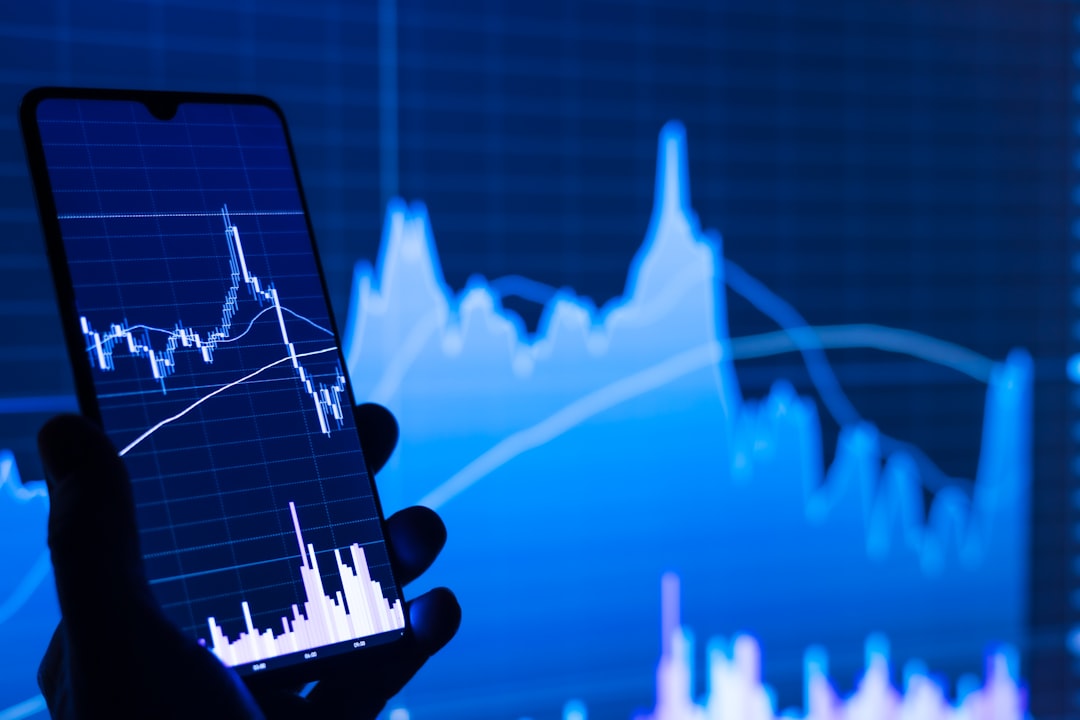
Investors are reeling from a market rout of historic proportions following the introduction of sweeping U.S. tariffs on what the White House dubbed “Liberation Day.” The fallout has resulted in the fourth-worst two-day slump in U.S. equities since World War II, surpassed only by Black Monday in 1987, the global financial crisis of 2008, and the COVID-19 panic of 2020.
The benchmark S&P 500 fell over 10.5% in just two trading sessions, while the Dow Jones Industrial Average and Nasdaq Composite each saw double-digit declines, wiping out trillions in market value and shaking investor confidence globally.
Deutsche Bank: “Biggest Shock Since Bretton Woods”
According to Deutsche Bank, the tariff shock represents the most disruptive event for the global trading system since the collapse of Bretton Woods in 1971. The abrupt and expansive nature of the tariffs, many of which were applied without consultation or economic justification, has undermined the credibility of the administration’s economic strategy.
“While President Trump’s protectionist views have been well-telegraphed, the breadth and arbitrary application of the new tariffs stunned the market,” Deutsche strategists wrote. “This marks the largest effective tax increase on U.S. consumers since the Vietnam War, and potentially a fundamental shift in U.S. global economic leadership.”
Breakdown of Tariff and Market Impact
Trump’s new trade regime, which imposes universal and reciprocal tariffs of up to 46%, radically alters decades of policy that positioned the U.S. as the global importer of last resort. The policy signals a pivot away from globalization toward economic nationalism, with immediate consequences for equities tied to global supply chains.
U.S. companies with high international exposure—particularly in tech, manufacturing, and retail—are bearing the brunt of the shock. Many of these companies had benefited from cheap labor, globalized production, and cross-border demand, but now face deteriorating margins and uncertain guidance.
Investors seeking to assess the vulnerability of individual stocks in this new regime should refer to real-time financial strength indicators such as profitability, debt, and valuation ratios. These are available via the Company Ratios TTM API, which provides trailing twelve-month data on metrics like:
Return on Equity (ROE)
Operating Margin
Debt-to-Equity
Current Ratio
Price-to-Earnings (P/E) and EV/EBITDA
These indicators are critical for identifying which companies are best positioned to weather prolonged macroeconomic turbulence.
Broader Implications for Global Stability
Beyond the immediate financial impact, Deutsche Bank warns the new tariffs could alter U.S. relationships on a broader scale—defense, geopolitics, and the multilateral world order may all be tested if the U.S. abandons its traditional leadership role.
“The implications of these tariffs extend beyond economics. They challenge the very framework of international cooperation that has defined the post-WWII era,” said the bank’s strategists.
The administration’s reshoring initiative—designed to bring manufacturing and supply chains back to U.S. soil—may carry long-term strategic benefits. However, in the short term, it is increasing the risk of recession.
Deutsche Forecast: Recession, Inflation Spike, and Rising Unemployment
Deutsche Bank projects U.S. GDP growth will fall below 1% in 2025, with unemployment rising toward 5%. Meanwhile, PCE inflation could spike to 4%, driven by tariff-induced input cost increases.
This stagflationary environment puts the Federal Reserve in a difficult position: tightening policy could worsen the downturn, while easing could further entrench inflation. Investors will closely watch upcoming CPI and PCE prints for confirmation of inflationary pressures.
Conclusion: A New Era of Uncertainty
The fallout from “Liberation Day” signals not just a shift in trade policy, but a broader challenge to the global economic order. For investors, this means heightened volatility, lower earnings visibility, and more frequent shocks.
Using API like the Ratios TTM API, market participants can gain critical insight into how companies are adjusting to this new paradigm—and which are most at risk if the tariffs remain entrenched.

